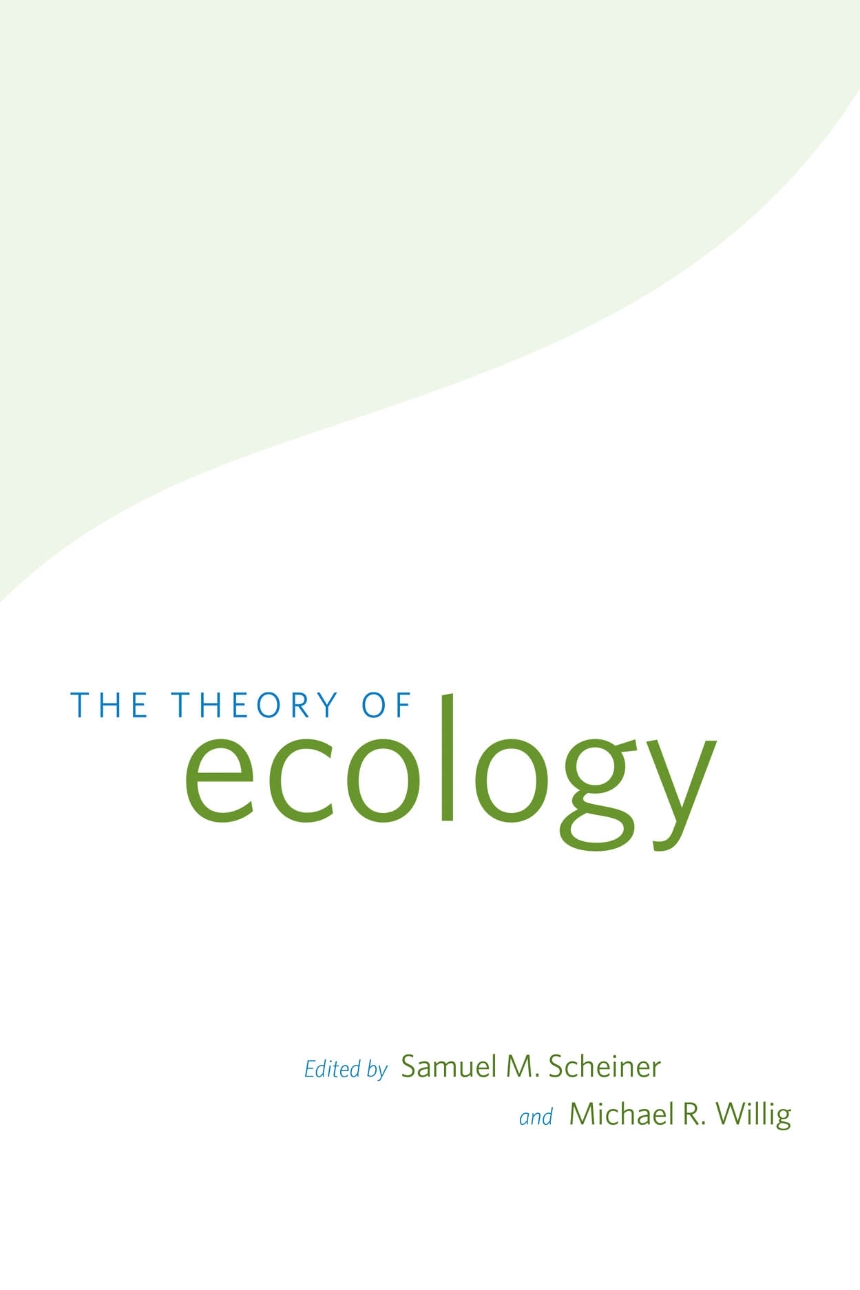The Theory of Ecology
Despite claims to the contrary, the science of ecology has a long history of building theories. Many ecological theories are mathematical, computational, or statistical, though, and rarely have attempts been made to organize or extrapolate these models into broader theories. The Theory of Ecology brings together some of the most respected and creative theoretical ecologists of this era to advance a comprehensive, conceptual articulation of ecological theories. The contributors cover a wide range of topics, from ecological niche theory to population dynamic theory to island biogeography theory. Collectively, the chapters ably demonstrate how theory in ecology accounts for observations about the natural world and how models provide predictive understandings. It organizes these models into constitutive domains that highlight the strengths and weaknesses of ecological understanding. This book is a milestone in ecological theory and is certain to motivate future empirical and theoretical work in one of the most exciting and active domains of the life sciences.
Reviews
Table of Contents
1. A General Theory of Ecology: Samuel M. Scheiner and Michael R. Willig
PERSPECTIVES ON THE ROLE OF THEORY IN ECOLOGY
2. Theory Makes Ecology Evolve: Jurek Kolasa
3. A General, Unifying Theory of Ecology?: Jay Odenbaugh
CONSTITUENT THEORIES OF ECOLOGY
4. Foraging Theory: Andrew Sih
5. Ecological Niche Theory: Jonathan Chase
6. Single Species Population Dynamics and Its Theoretical Underpinnings: Alan Hastings
7. Natural Enemy-Victim Interactions: Do We Have a Unified Theory Yet?: Robert D. Holt
8. The Metacommunity Concept and Its Theoretical Underpinnings: Mathew A. Leibold
9. Domain and Propositions of Succession Theory: Steward T. A. Pickett, Scott J. Meiners, and Mary L. Cadenasso
10. The Equilibrium Theory of Island Biogeography: Dov Sax and Steven D. Gaines
11. Theories of Ecosystem Ecology: Ingrid C. Burke and William K. Lauenroth
12. Perspectives on Global Change Theory: Debra P. C. Peters, Brandon T. Bestelmeyer, and Alan K. Knapp
13. A Theory of Ecological Gradients: A Framework for Aligning Data and Models: Gordon A. Fox, Samuel M. Scheiner, and Michael R. Willig
14. Biogeographical Gradient Theory: Robert K. Colwell
SYNTHESIS
15. The State of Theory in Ecology: Michael R. Willig and Samuel M. Scheiner
Acknowledgments
Contributors
Bibliography
Index
